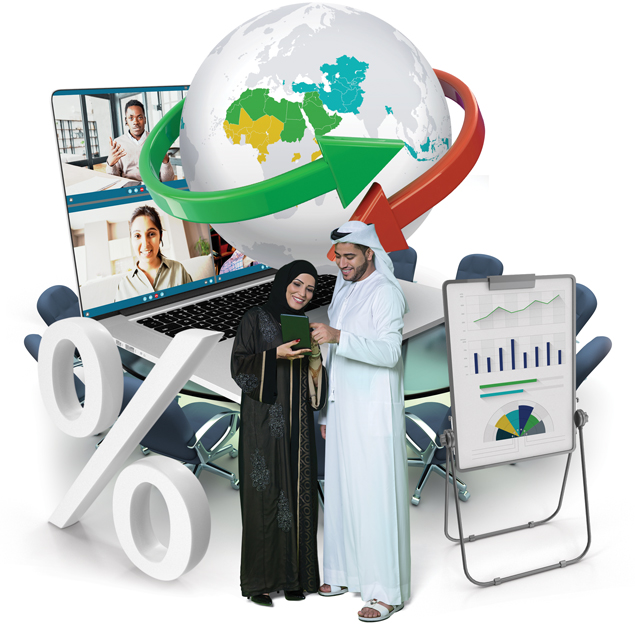CORPORATE PROFILE OF IsDB
ESTABLISHMENT
The Islamic Development Bank (IsDB) is a Multilateral Development Bank established pursuant to Articles of Agreement signed in the city of Jeddah, Kingdom of Saudi Arabia, on 21 Rajab 1394H, corresponding to 12 August 1974. The Inaugural Meeting of the Board of Governors took place in Rajab 1395H (July 1975), and the IsDB formally began operations on 15 Shawwal 1395H (20 October 1975).
VISION
The Islamic Development Bank strives to become a world-class development bank, inspired by Islamic principles, that helps to significantly transform the landscape of comprehensive human development in the Muslim world and to restore its dignity.
MISSION
To promote comprehensive human development, with a focus on the priority areas of alleviating poverty, improving health, promoting education, improving governance, and bringing prosperity to the people.
MEMBERSHIP
The IsDB has 57 member countries across various regions. The prime conditions for membership are that the prospective country should be a member of the Organisation of Islamic Cooperation (OIC), that it pays the first instalment of its minimum subscription to the Capital Stock of the IsDB, and that it accepts any terms and conditions that may be decided upon by the Board of Governors.
ISLAMIC DEVELOPMENT BANK GROUP
The IsDB Group comprises five entities: the Islamic Development Bank (IsDB), the Islamic Development Bank Institute (IsDBI), the Islamic Corporation for the Development of the Private Sector (ICD), the Islamic Corporation for the Insurance of Investment and Export Credit (ICIEC), and the International Islamic Trade Finance Corporation (ITFC).
FINANCIAL YEAR
The IsDB’s financial year used to be the lunar Hijra Year (H). However, on 1 January 2016, the financial year was changed to the Solar Hijra year starting from 11th of Capricorn (corresponding to 1 January) and ending on 10th Capricorn (corresponding to 31 December of every year).
CAPITAL
At its 45th Annual Meeting, the IsDB’s Board of Governors approved the 6th General Capital Increase of ID5.5 billion. As at the end of 2022, the subscribed capital of the IsDB stood at ID55.2 billion.
HEADQUARTER AND REGIONAL HUBS
The IsDB is headquartered in Jeddah, the Kingdom of Saudi Arabia, and has 10 Regional Hubs in Abuja, Nigeria; Almaty, Kazakhstan; Ankara, Türkiye; Cairo, Egypt; Dakar, Senegal; Dhaka, Bangladesh; Jakarta, Indonesia; Kampala, Uganda; Paramaribo, Suriname; and Rabat, Morocco with a Centre of Excellence in Kuala Lumpur, Malaysia.
ACCOUNTING UNIT
The accounting unit of the IsDB is the Islamic Dinar (ID), which is equivalent to one Special Drawing Right (SDR) of the International Monetary Fund.
LANGUAGE
The official language of the IsDB is Arabic, but English and French are also used as working languages.
MESSAGE FROM THE PRESIDENT
BOARD OF EXECUTIVE DIRECTORS
Representing: Libya 2 / 19
Representing: Türkiye 3 / 19
Representing: Iran 4 / 19
Representing: Kuwait 5 / 19
Representing: Saudi Arabia 6 / 19
Representing: Egypt 7 / 19
Representing: United Arab Emirates 8 / 19
Representing: Qatar 9 / 19
Representing: Nigeria 10 / 19
Representing: Chad, Comoros, Djibouti, Gabon, Mozambique, Somalia, Uganda 11 / 19
Representing: Burkina Faso, Gambia, Mali, Niger, Senegal, Tog 12 / 19
Representing: Benin, Cameroon, Côte d’Ivoire, Guinea, Guinea Bissau, Sierra Leon 13 / 19
Representing: Algeria, Mauritania, Morocco, Tunisia 14 / 19
Representing: Bahrain, Oman, Sudan, Yemen 15 / 19
Representing: Bahrain, Oman, Sudan, Yemen 16 / 19
Representing: Afghanistan, Bangladesh, Maldives, Pakista 17 / 19
Representing: Brunei Darussalam, Guyana, Indonesia, Malaysia, Suriname 18 / 19
Representing: Albania, Azerbaijan, Kazakhstan, Kyrgyz Republic, Turkmenistan, Tajikistan, Uzbekista 19 / 19
EXECUTIVE SUMMARY: A YEAR IN REVIEW
PARTNERING FOR RESOURCE MOBILIZATION
The IsDB has been entrusted by the OIC Foreign Ministers to establish, implement and manage the Afghanistan Humanitarian Trust Fund (AHTF). In 2022, the total pledges to AHTF stand at
US$32.61 million.
ADDRESSING POVERTY AND FOOD INSECURITY
Given the high and disproportionate levels of poverty in the Least Developed Member Countries (LDMCs), over
90%
of the funding went to these countries in 2022.
BUILDING RESILIENCE WITHIN OUR MEMBER COUNTRIES
IsDB integrated women and youth empowerment perspectives into the Bank’s Member Country Partnership Strategies (MCPSs) to ensure
targeted skills development programs for women.
DRIVING GREEN ECONOMIC GROWTH
IsDB, in partnership with the International Labour Organization (ILO), launched the Youth Green Skills Accelerator Challenge Call, with the overarching goal of promoting youth participation and skills for green jobs for a Just Transition.
2022 AT A GLANCE
EDUCATION
In April 2022, the Bank approved a Skills, Training and Education Program (STEP) for young refugees in 15 member countries. STEP will benefit over
600,000
young refugees
and internally displaces persons (IDPs).
Over the past 39 years of operations, the Bank has offered scholarships to
18,493
students from
122
countries worldwide.
The Communities Outreach Program approved six projects with a total value of
US$1.255 million
to support the education sector in five countries:

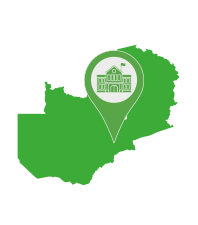
An infrastructure and equipment grant for Iqra Girls’ Academy in Lusaka (Zambia) to the value of
US$0.2 million;
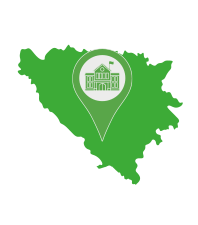
The expansion of a public secondary school in Mostar (Bosnia and Herzegovina) to the value of
US$0.185 million;
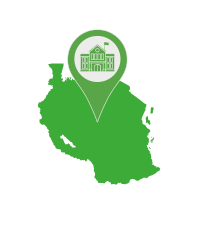
The expansion of Rahma Pre School and Primary School, Dodoma City, Tanzania, to the value of
US$0.22 million;
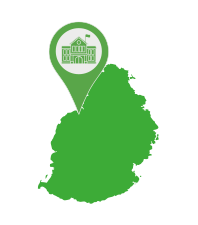
The construction of a primary school building within the Institute of Islamic & Secular Studies (IISS), Vallée des Prêtres, Port-Louis, Mauritius, to the value of
US$0.25 million;
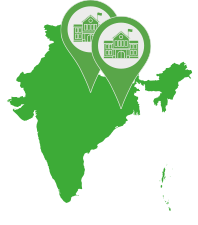
The expansion of a vocational training center for Hamidiya Islamiya School Society in Panwari (India) to the value of
US$0.2 million;
the expansion of Markaz-E-Adab-O-Science Primary School in Ranchi (India) to the value of
US$0.2 million.
FOOD SECURITY
In 2022, the IsDB Group launched a
US$10.54 billion
package to respond to the food crisis triggered by the conflict in Eastern Europe.
since it was founded, the Bank has approved more than
600 projects
in 57 member countries. IsDB’s investments tackle the three dimensions of food security:
availability, affordability and accessibility.
Projects approved by the end of 2022 are expected to
mitigate the impact of high grain prices
and ensure a steady supply of essential foods.
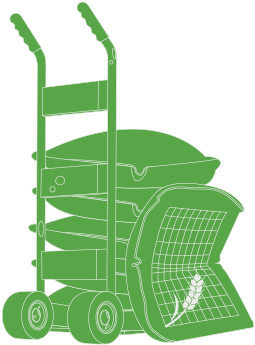
Collectively, the 57 IsDB member countries are equipped with a wealth of resources to develop sustainable food systems. IsDB member ountries:
Cover
29%
of the world’s agricultural land;

Have
7,261 km³ (14%)
of the world’s total renewable water resources;
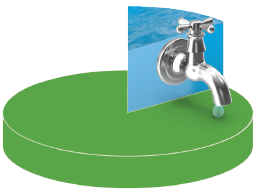
Produce
18
of the world’s 20 major agricultural traded commodities;
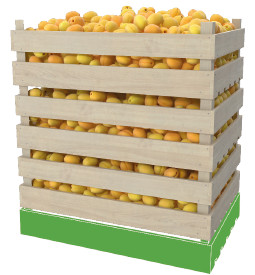
Account for
14-15%
of the world’s cereal and horticulture production.
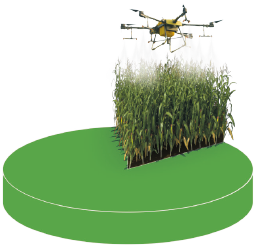
INFRASTRUCTURE
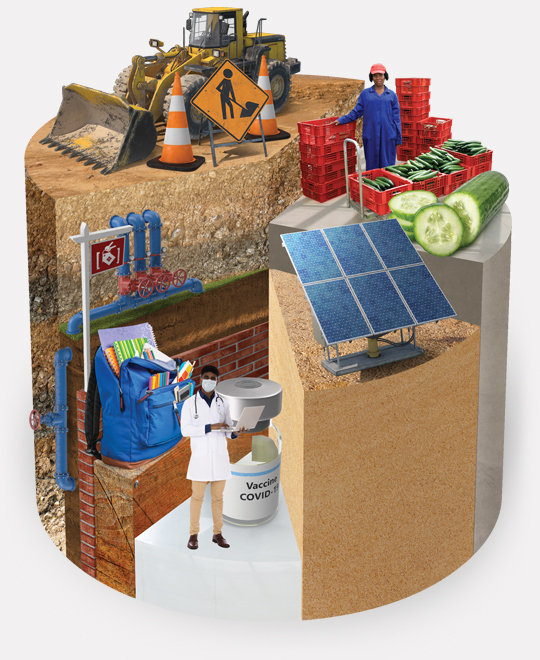
SECTORAL DISTRIBUTION OF IsDB-OCR NET APPROVALS 2022G
COMMUNITIES OUTREACH PROGRAM
The Communities Outreach Program approved a total of seven projects in 2022, to a total value of
US$1.455 million.
14 projects
have been completed this year.
COMMUNITIES OUTREACH PROJECTS BY TYPE (BY NUMBER OF PROJECTS)
COMMUNITIES OUTREACH PROJECTS BY TYPE (BY AMOUNT OF APPROVAL IN USD MILLION)
INSIDE THE REPORT
Chapter 1
IsDB GROUP ACTIVITIES
This chapter highlights the main achievements of the IsDB Group, the umbrella organization under which sits the Islamic Development Bank (IsDB), the Islamic Development Bank Institute (IsDBI), the Islamic Corporation for the Insurance of Investment and Export Credit (ICIEC), the Islamic Corporation for the Development of the Private Sector (ICD), and the International Islamic Trade Finance Corporation (ITFC). While the IsDB is the main development bank, the other organizations complement its work to deliver a comprehensive range of projects and activities to support sustainable socio-economic development in its member countries.
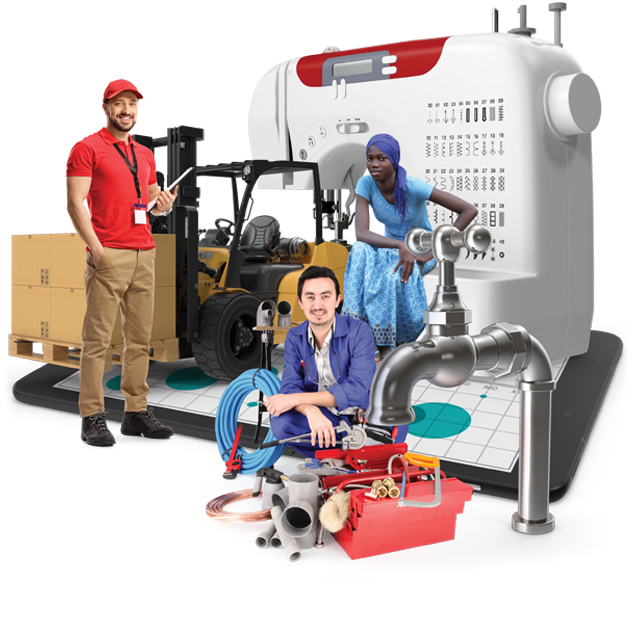
Chapter 2
RESPONDING TO THE CRISES
Like the rest of the world, IsDB was taken by surprise when COVID-19 spread so quickly and with such devastation. However, the Bank quickly brought in new financing agreements to boost the production and distribution of affordable vaccines for some of the world’s lowest-income countries. It is using the same approach to address the growing food security crisis.

Chapter 3
NURTURING INCLUSIVE AND RESILIENT GROWTH AND DEVELOPMENT
The IsDB is committed to helping its member countries reduce poverty and inequality, transforming lives through a more diversified, sustainable, resilient and inclusive development and growth, in line with the United Nations’ Agenda 2030 framework.
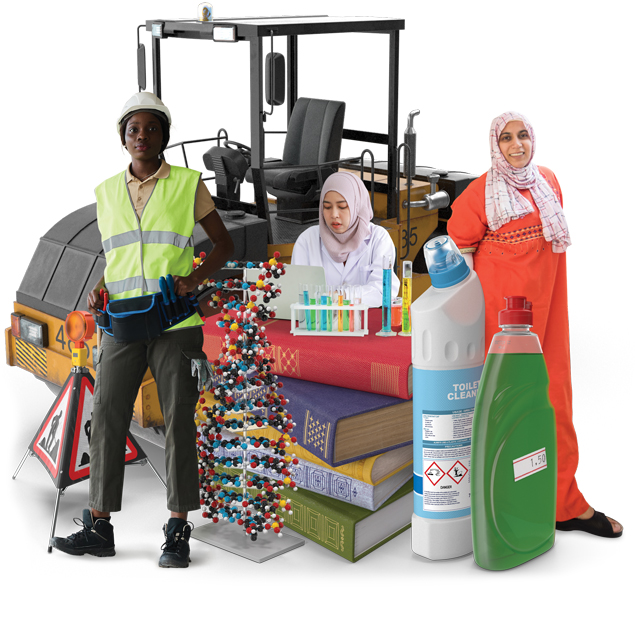
Chapter 4
REINFORCING INSTITUTIONAL EFFECTIVENESS
The IsDB’s impact as an organization relies on a foundation of sound governance structures and processes. In 2022 we continued to be meticulous in ensuring the integrity and effectiveness of our institutional systems.
